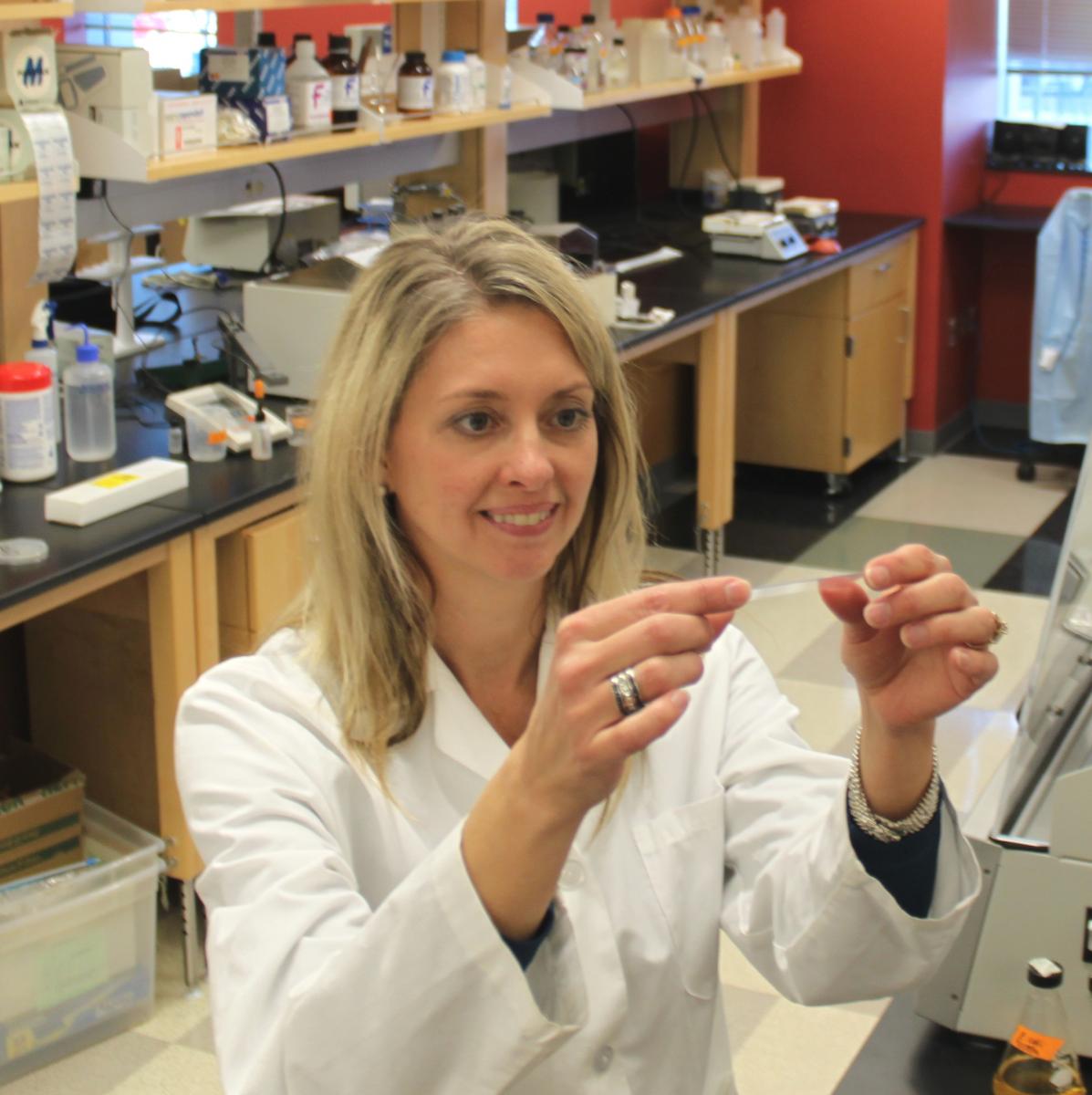Dr. Kelly Reynolds builds Lab-on-a-chip device to detect viruses in water
 |
Kelly Reynolds, PhD, MSPH, received funding to build a device to detect viruses in water. |
Kelly Reynolds, an environmental biologist and associate professor at the Zuckerman College of Public Health, was awarded a one-year, $9,835 seed grant to design a miniaturized device for the real-time detection of human viruses in water.
Lab-on-a-chip systems are microfluidic devices developed for the detection of waterborne microbes at a fraction of the cost of conventional methods.
This project will focus on the design of a miniaturized flow cytometer (a device for counting cells) for the detection of human viruses using engineered molecular beacons. These probes target unique microbial nucleotides, producing a fluorescent signal.
This novel approach integrates optical detection systems for fast, quantitative signal measurement. Microfluidic systems reduce reagent volumes, system cost, size and power requirements, while addressing the need for rapid, real-time environmental monitoring and disease diagnostics.
The Faculty Seed Grants Program is a partnership between The University of Arizona Foundation and the Office of the Vice President for Research supporting outstanding faculty work. Seed funds are expected to provide results that can be used to solicit larger funding sources. The program is extremely competitive and involves evaluations by both peer and lay review panels.

